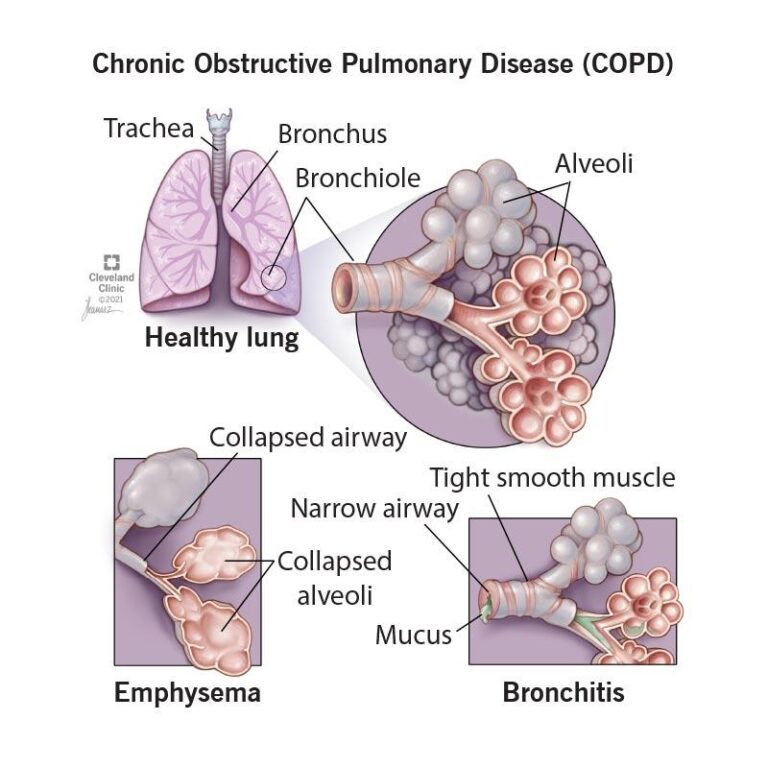COPD Underdiagnosis: A Critical Issue
Chronic obstructive pulmonary disease (COPD) is a leading cause of morbidity and mortality worldwide, yet it remains significantly underdiagnosed in Latin America. This underdiagnosis not only affects the quality of life of millions but also imposes a considerable burden on healthcare systems.
The Prevalence of COPD in Latin America
Latin America has a high prevalence of COPD related to factors such as smoking, air pollution, and occupational hazards. Countries like Brazil, Argentina, and Mexico face acute challenges in recognizing and treating this disease early.
Barriers to Diagnosis
Several barriers contribute to the underdiagnosis of COPD in the region. Lack of awareness among healthcare providers and patients, limited access to diagnostic tools, and inadequate healthcare infrastructure are significant challenges.
The Role of Education
Improving education and awareness about COPD is crucial in overcoming underdiagnosis. Training healthcare professionals and educating the public about the symptoms and risk factors can lead to earlier detection and intervention.
Policy and Healthcare System Improvements
Implementing effective healthcare policies is vital for enhancing COPD diagnosis and management. Strengthening the healthcare system, increasing funding for respiratory programs, and integrating COPD management into primary healthcare can improve outcomes.
Community-Based Approaches
Community engagement plays a key role in addressing COPD underdiagnosis. Initiatives that involve local organizations can promote awareness, screening, and provide resources for patients in underserved areas.
Conclusion: A Call for Action
The underdiagnosis of COPD in Latin America requires urgent attention from all stakeholders. By addressing barriers and implementing strategic solutions, we can significantly improve the health outcomes for millions suffering from this debilitating disease. For more information, visit Borgen Project.

